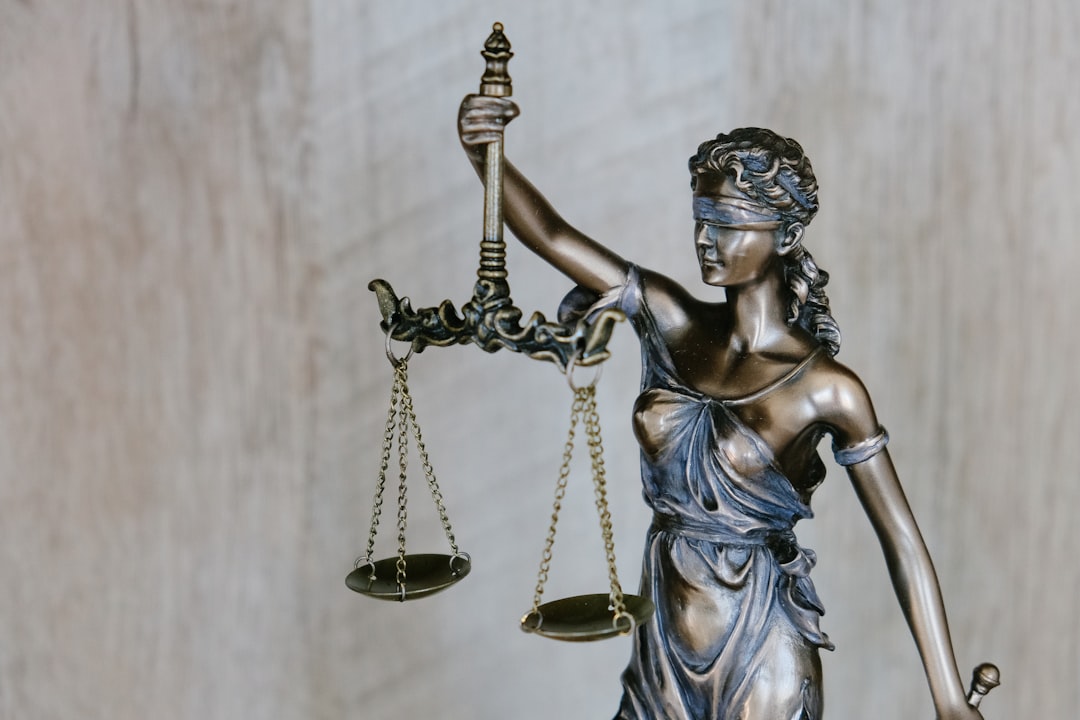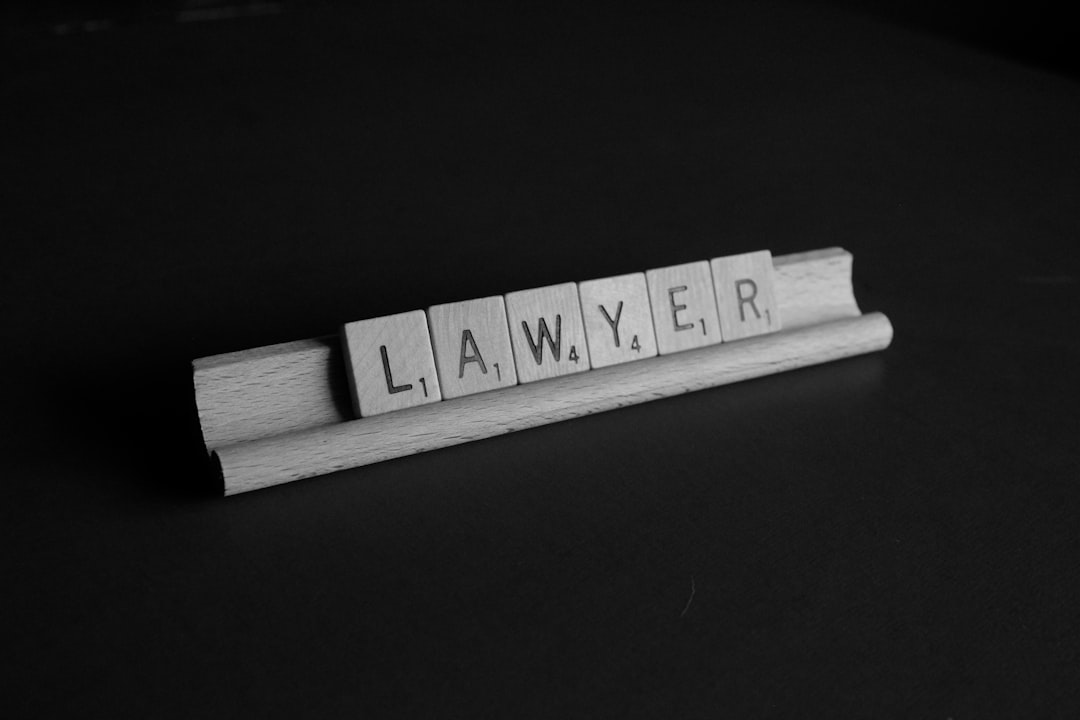Seattle University's Sexual Misconduct Policies aim to create a safe learning environment by clearly defining unacceptable behavior, providing investigative support for victims and deterring perpetrators. A sexual assault lawyer in Seattle WA ensures these policies comply with federal and state laws regarding consent, discrimination and equal protection, protecting students' rights. Survivors have legal options including civil litigation against the university or counseling through local support organizations, emphasizing the need for prompt action due to strict filing deadlines.
“Explore a comprehensive analysis of Seattle University’s Sexual Misconduct Policies through the lens of legal expertise. This article delves into the intricate details, examining the rights and responsibilities outlined in these policies. With a focus on student safety, we discuss the pivotal role of a sexual assault lawyer in navigating campus laws, offering support to survivors. From understanding your options as a survivor to exploring legal resources in Seattle, WA, discover how specialized firms can provide guidance for those affected by sexual assault.”
Understanding Seattle University's Sexual Misconduct Policies: A Legal Perspective
Seattle University, like many educational institutions, has implemented comprehensive Sexual Misconduct Policies to address and prevent instances of sexual assault on its campus. From a legal standpoint, these policies are designed to uphold federal and state laws regarding consent, discrimination, and equal protection. A sexual assault lawyer in Seattle WA would highlight that these regulations not only protect students’ rights but also ensure the university’s compliance with legal obligations.
The policies set clear guidelines on what constitutes unacceptable behavior, providing a framework for investigating and resolving allegations of sexual misconduct. They emphasize the importance of a safe learning environment and outline procedures for reporting, support, and disciplinary actions. For victims, these policies offer a sense of justice and security, while attorning sexual assault attorneys in Seattle WA might suggest that they also serve as a deterrent to potential perpetrators.
The Role of a Sexual Assault Lawyer in Navigating Campus Laws
When navigating complex sexual misconduct policies on college campuses, having a sexual assault lawyer in Seattle, WA, can be invaluable. These legal professionals are experts in understanding and interpreting the laws surrounding sexual assaults, ensuring students’ rights are protected. They guide victims through the often confusing and emotionally taxing process of reporting, investigating, and potentially prosecuting these cases.
A sexual assault attorney in Seattle, WA, from a reputable firm like [Law Firm Name], can provide crucial support, offering legal counsel tailored to each unique situation. They help students understand their options, whether it’s pressing charges, seeking disciplinary action against the perpetrator, or advocating for policy changes to prevent future incidents. Their expertise and advocacy ensure that victims are not only heard but also protected within the legal framework of campus policies and state laws.
Rights and Resources for Survivors: Legal Options in Seattle, WA
Survivors of sexual misconduct at Seattle University have several legal options and resources available to them. If an individual has experienced sexual assault, harassment, or discrimination on campus, they may be entitled to seek justice through a variety of channels. A sexual assault lawyer in Seattle, WA, can provide guidance and represent the survivor’s interests in pursuing civil litigation against the university for negligence or violation of state laws.
In Washington State, there are strict time limits for filing claims, so it’s crucial to act promptly. A sexual assault attorney in Seattle can help navigate these legal processes and ensure that survivors’ rights are protected. There are also dedicated organizations and support services tailored to assist victims of sexual violence, offering counseling, advocacy, and legal aid. These resources empower survivors to take control of their healing journey while holding institutions accountable for their policies and responses to sexual misconduct.






